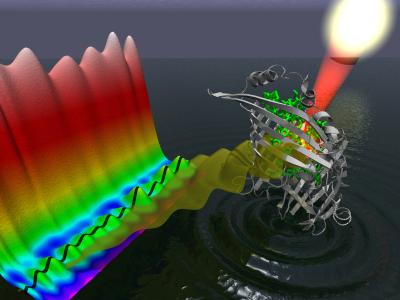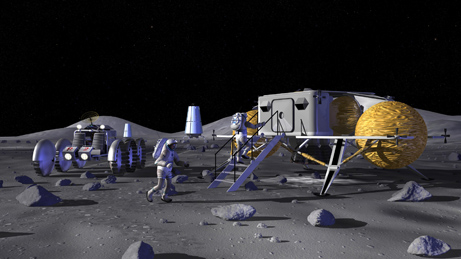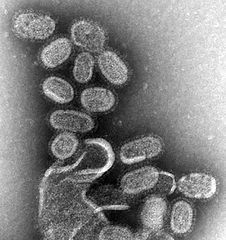
The New York Times reports that Jeffrey Martin and William L. Kubic Jr., two scientists from Los Alamos National Laboratories are proposing a process by which the carbon dioxide — the primary greenhouse gas considered responsible for contributing to global warming — emitted from cars and other polluters would be captured and converted to gasoline, methane and jet fuel.
The bold proposal, which the duo have named “Green Freedom” would create a closed cycle from the emission of greenhouse gasses resulting in the creation of a vast source of renewable energy where today we have an open ended cycle that is considered a global threat.
They say the science is relatively simple and straight forward. Polluted air would be blown over potassium carbonate which would sequester the CO2, a chemical process would then remove the trapped CO2 and via a number of established chemical processes it would then be converted to various types of fuel.
Although the process has not been demonstrated and no prototypes have been built the pair claims that the required steps or other chemical processes that they say are close cousins to those required are already in use. In addition, none of the processes violate any known laws of physics and a number of other top researchers have independently made similar suggestions for the sequestration and reuse of emitted CO2.
This concept is not without its share of controversy and detractors however. With claims of everything from the fact that the economics of the process make it unfeasible to concerns that it will encourage further over–population and sprawl not to mention the worry that proliferation of nuclear power brings with it, it is nevertheless an interesting concept and proves — if nothing else — that through continued investment in breakthrough technologies we can overcome all challenges be they environmental or societal.



 What would make this new vaccine different from the ones already available is that it would target M2e, a conserved region of influenza “A” strains. Since that part doesn’t constantly mutate and about 2/3 of seasonal epidemics and all pandemics are due to type “A” strains, it could be a very efficient weapon against repeats of the “Spanish Flu” (1918−1919) that killed at least 50 million people worldwide. Only the future will tell if phase II and III trials are successful.
What would make this new vaccine different from the ones already available is that it would target M2e, a conserved region of influenza “A” strains. Since that part doesn’t constantly mutate and about 2/3 of seasonal epidemics and all pandemics are due to type “A” strains, it could be a very efficient weapon against repeats of the “Spanish Flu” (1918−1919) that killed at least 50 million people worldwide. Only the future will tell if phase II and III trials are successful. 






